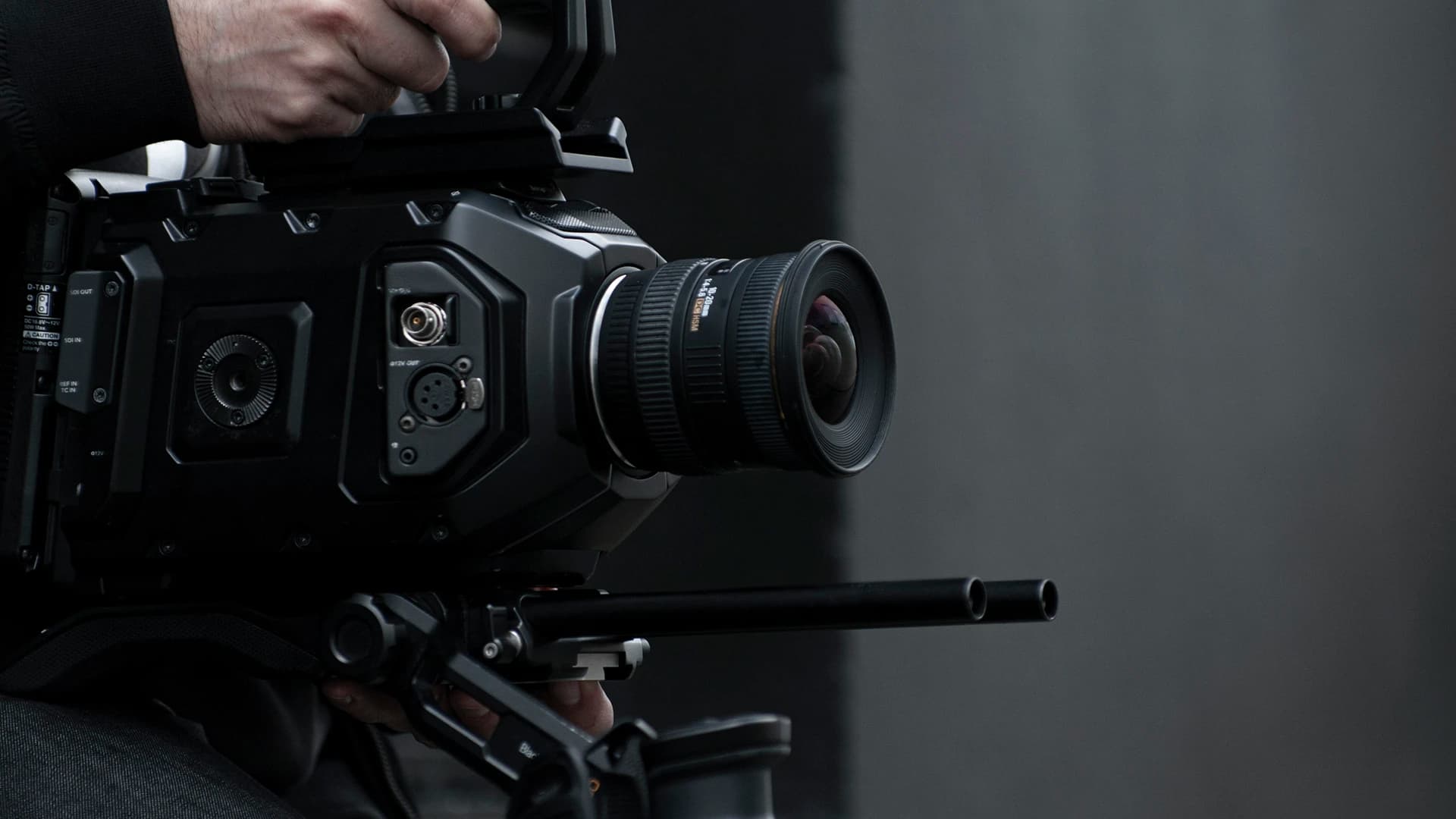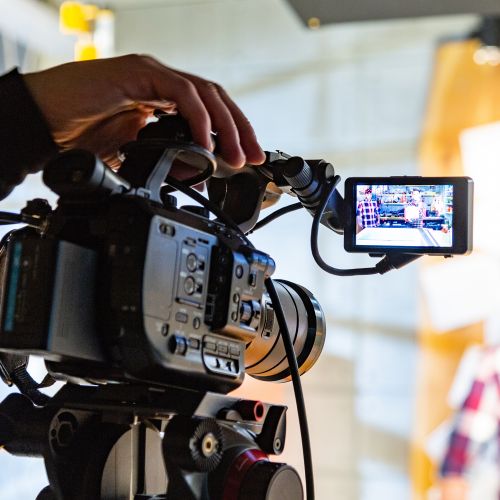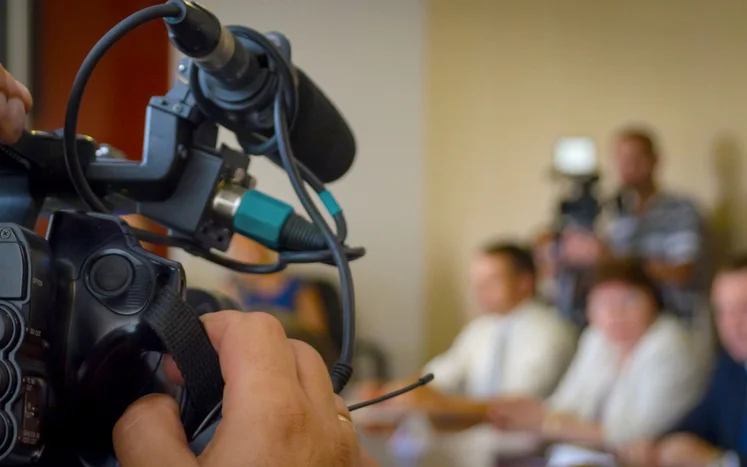Reliable Legal Videography for Courtroom Documentation.
Reliable Legal Videography for Courtroom Documentation.
Blog Article
The Role of Lawful Videography in Depositions and Tests
Lawful videography has emerged as an essential tool in both depositions and trials, offering a multifaceted strategy to recording witness statements. As lawful specialists progressively recognize its worth, it prompts a deeper assessment of just how these visual records can affect juror understandings and trial end results.
Importance of Legal Videography
Lawful videography plays a critical role in the paperwork and presentation of depositions and tests. This specific field combines technical abilities with lawful knowledge to create a trustworthy document of process that can substantially affect situation results. The appearance of lawful videography improves the understanding of witness testimony, enabling jurors and courts to observe not just the spoken words but also the demeanor, emotions, and body language of the witnesses.

The significance of lawful videography extends past the court room; it additionally plays an important duty in maintaining proof for future recommendation, whether for appeals or more legal action. As such, its integration into the legal procedure is crucial for making sure a fair and accurate depiction of the facts, inevitably adding to the pursuit of justice.

Process of Legal Videography
While catching the nuances of depositions and tests, the procedure of legal videography involves numerous vital steps that ensure top notch, exact recordings. A specialist lawful videographer prepares by evaluating the case materials and recognizing the details needs of the deposition or trial. This preparation includes familiarizing themselves with the participants and the context, which aids in catching important details.
On the day of the recording, the videographer establishes the required equipment, which normally includes high-def electronic cameras, microphones, and appropriate lighting. Making certain ideal angles and sound high quality is vital, as it directly influences the effectiveness of the recording. The videographer connects with attorneys and participants to establish methods, guaranteeing that every person understands the recording process.
During the deposition or test, the videographer diligently tapes the process, paying very close attention to both verbal and non-verbal cues. legal videography. This consists of recording the behavior and reactions of witnesses and attorneys. After the session concludes, the videographer may edit the video footage for clearness and compliance with lawful standards, creating an end product that properly mirrors the procedures for future recommendation and use in lawful contexts
Advantages in Depositions
The consolidation of videography in depositions supplies many benefits that boost the overall process of collecting evidence. One look at this website main benefit is the capability to record witness testimonies with aesthetic and auditory integrity, providing an extra exact representation of the witness's demeanor, tone, and body movement. This multidimensional strategy enables attorneys and click to investigate courts to assess credibility more effectively than traditional written transcripts alone.
In addition, videographed depositions function as a powerful tool for maintaining testimony. Ought to a witness become unavailable for trial, their taped deposition can be played in court, making certain that their proof remains obtainable and pertinent. This element substantially minimizes the threat of losing critical info that could impact case end results.
Additionally, the usage of legal videography promotes much better preparation for lawyers. Evaluating video clip footage permits legal teams to assess and refine their approaches, determining toughness and weak points in their situations. This primary advantage can result in more engaging presentations in court.
Lastly, videography enhances the total professionalism and trust of the deposition procedure, instilling self-confidence in clients relating to the thoroughness of their legal depiction. By leveraging technology, attorneys can considerably improve the performance of depositions.
Effect On Tests
In lots of trials, the integration of videography can significantly influence the presentation of proof and the jury's perception. Legal videography records witness statements and crucial proof in a vibrant layout, allowing jurors to engage with the product on several degrees. This visual part boosts the narration element of a test, providing context and psychological vibration other that conventional text-based evidence may lack.
In addition, video recordings can act as powerful tools for impeachment during cross-examination. When disparities occur between a witness's prior declarations and their court testimony, video clip proof supplies an objective recommendation that can persuade jurors' opinions. This immediacy and quality can reinforce the integrity of a party's story while simultaneously undermining opposing arguments.
Additionally, the usage of videography can assist enhance complex details, making it much more obtainable to jurors who may struggle to understand elaborate information provided entirely with spoken statement. By incorporating visuals with auditory details, lawful videography can boost retention and understanding, inevitably influencing the jury's decision-making procedure. As a result, the effect of videography in trials extends beyond plain aesthetic appeals; it plays a crucial duty in forming the legal landscape and end results.
Future Trends in Legal Videography
As we look towards the future of legal videography, numerous emerging fads assure to reshape its function within the court. One significant pattern is the integration of man-made intelligence (AI) in video clip evaluation and modifying - legal videography. AI can simplify the process of determining key moments in recorded depositions, enabling attorneys to promptly access appropriate web content, thereby improving performance in instance preparation
Additionally, the rise of online fact (VR) and increased truth (AR) technologies is anticipated to change just how jurors experience proof. By immersing jurors in a simulated environment, these technologies can offer a much more profound understanding of complicated circumstances, resulting in more educated considerations.

Furthermore, the enhancing demand for remote depositions, accelerated by the COVID-19 pandemic, will likely continue. Legal videographers will require to adjust to brand-new software program and systems to make certain high-quality recordings in virtual settings.
Lastly, the expanding focus on information safety and security will require stricter protocols for saving and sharing video clip proof. As the legal landscape progresses, legal videographers should remain abreast of these trends to maintain their relevance and performance in the judicial procedure.

Verdict
In recap, legal videography serves a critical feature in the judicial procedure, improving the integrity of depositions and trials. As technology proceeds to advance, lawful videography is positioned to further change its function within the legal landscape.
Report this page